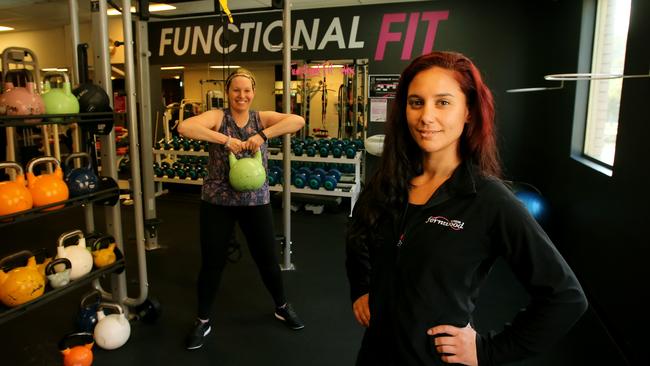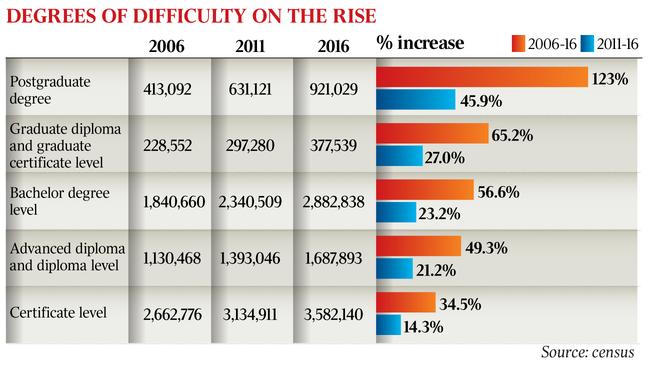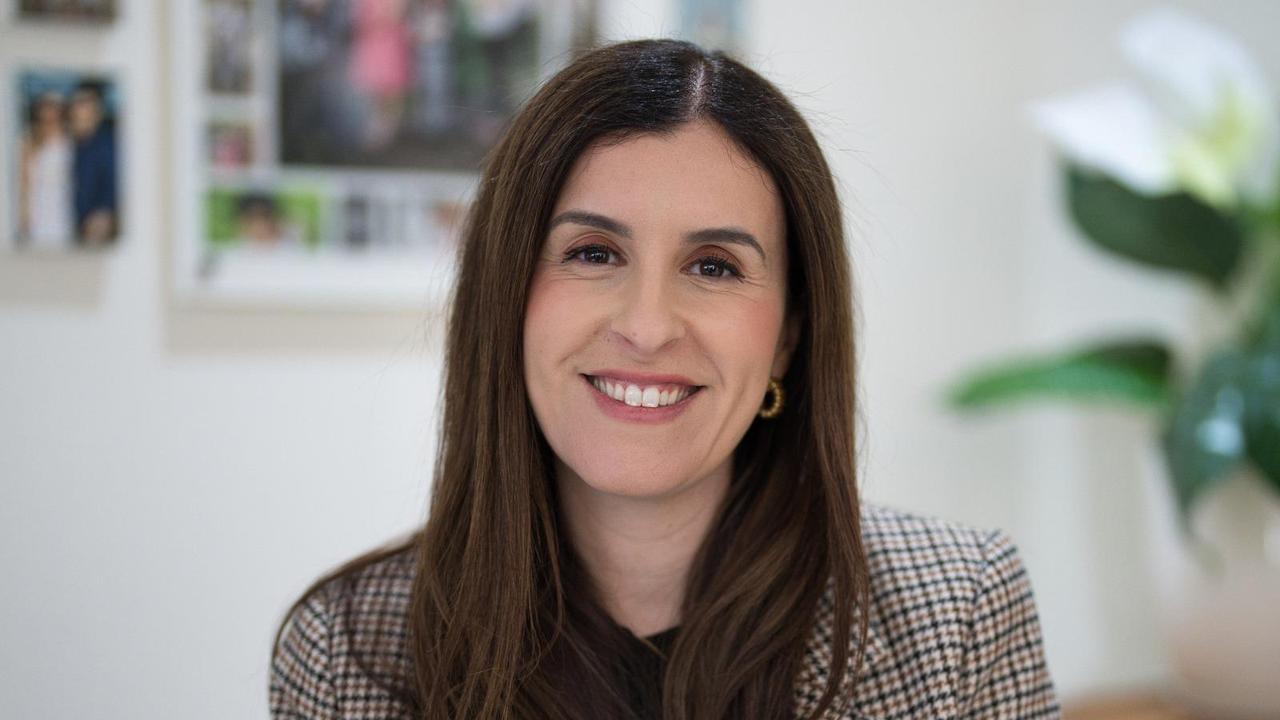Battle for jobs triggers postgraduate surge
The number of Australians with a postgraduate degree has jumped 46 per cent as the battle for jobs intensifies.

Competition in the job market has pushed Australians into further education like never before, with a 46 per cent jump in the number of people with postgraduate degrees over the past five years and a 123 per cent increase since 2006.
The number of postgraduate degrees is highest among 25 to 34-year-olds, triggering warnings that a postgraduate degree is being used to gain leverage in the job market, potentially excluding students who are unable to afford an expensive second degree.
A Business Council spokesman said Australians would need to upskill and retrain during their working lives as technology reshapes the economy but masters degrees weren’t a good fit for everyone.
“In a lot of cases a postgraduate qualification may be the right choice for them, but we shouldn’t want a system that pushes Australians into masters degrees because that’s seen as the only good option,” he said.
“We should also ensure that student borrowings and taxpayer support aren’t being diverted to qualifications that fail to deliver for the student personally or benefit society more broadly.”
Council of Australian Postgraduate Associations president Peter Derbyshire said the increase in the number of students with bachelor degrees by 57 per cent over the past decade had a natural flow-on of increasing the number of postgraduate students.

He said the increase in student numbers was spread across the fields, and studies in science and arts were becoming more desirable. “It could well be that they are going out into the job market and finding it’s much more difficult to get a position than they thought it would be,” he said.
Mr Derbyshire said students were also changing career directions, for example, by completing a postgraduate degree in education after a bachelors degree in science.
He said while research suggested students with a PhD had a higher earning capacity, there were many students who could not afford extended study. “I’m afraid there’s going to be disparity between people who can afford to do a bachelor’s only and those who can afford to do a postgraduate degree and get those higher paying jobs,” he said.
ABS spokesman Phillip Wise said census data also showed what people were doing after obtaining their post-school qualifications and the changes in the economy.
There has been a 186 per cent increase in the number of people employed in data processing, web hosting and electronic information storage services over the past five years and an 87 per cent increase in the number of people employed in preschool education. Since the previous census there has also been an increase in the number of community and personal service workers.
The number of fitness instructors has increased by 27 per cent, beauty therapists by 25 per cent and bar attendants and baristas by 23 per cent.
Tia Matchitt dropped her studies in pharmacy to become a personal trainer despite not thinking of herself as a person others would listen to. She said through personal training and education people might be able to avoid some of the medications she had learnt about previously.
She said she was unsurprised by the growth in the fitness industry as society was based on aesthetics.
“With Instagram you can get a faceful 24 hours a day, five days a week,” she said.


